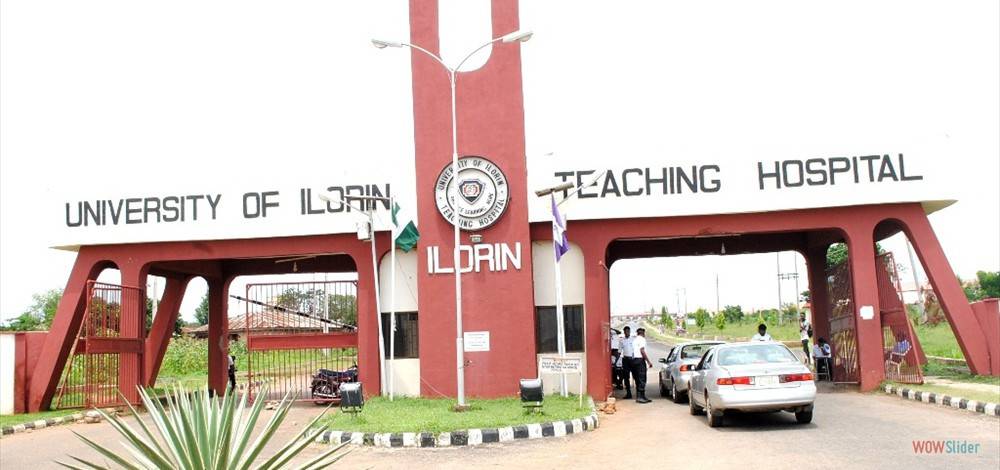UITH CMD: Men can also develop breast cancer


Prof. Yusuf Dasilva, Chief Medical Director (CMD) of the University of Ilorin Teaching Hospital (UITH), has stated that men can be impacted by breast cancer and advised both genders to get screened regularly.
Dasilva mentioned this in an interview with journalists on the sidelines of a ‘Walk for Breast Cancer Awareness’ held in Ilorin as part of Breast Cancer Awareness Month activities.
According to the News Agency of Nigeria (NAN), UITH organised the programme with the theme “No One Should Face Breast Cancer Alone” in partnership with the Medical Women Association of Nigeria (MWAN).
The CMD, represented by Prof. Bilyaminu Abayomi, Chairman of the Medical Advisory Committee (CMAC), UITH, classified breast cancer as a disease in which malignant (cancer) cells form in the tissues of the breast.
He believes that some factors, such as obesity and age, increase the risk of breast cancer.
Others, he noted, included harmful alcohol use, a family history of breast cancer, radiation exposure, reproductive history (such as the age at which menstrual periods began and the age at which the first pregnancy occurred), tobacco use, and postmenopausal hormone therapy.
The CMD stated that the program’s theme was appropriate since it would serve to promote awareness and create behavioural change against the stigmatisation of persons suffering from the disease.
He went on to say that the exercise was designed to enable knowledge sharing, create a forum for the dissemination of breast cancer information, and raise awareness about the need to get screened and receive an early diagnosis to save lives.
According to him, breast cancer is not a death sentence, as people can commence treatment if diagnosed early.
Also speaking, a Consultant General Surgeon at UITH, Dr Olushola Fasiku, underscored the importance of creating awareness of breast cancer.
According to Fasiku, breast cancer is the biggest cause of cancer death in women, with over two million cases reported annually worldwide.
He believes that there is treatment and that people can live, and he insists that men, too, get screening.
In her remarks, Dr. Mojirola Fasiku, a Consultant Public Health Physician in the Department of Epidemiology and Community Health at UITH, stated that one in every eight women would develop breast cancer.
Fasiku, who noted that breast cancer rates were on the rise, urged all stakeholders to support people suffering from the disease.
She urged against stigmatisation and insisted that the disease was not contagiouss.





![UNILAG Academic Calendar for 2019/2020 Session [UPDATE] UNILAG](https://sundiatas.net/wp-content/uploads/2019/11/UNILAG.jpg)


